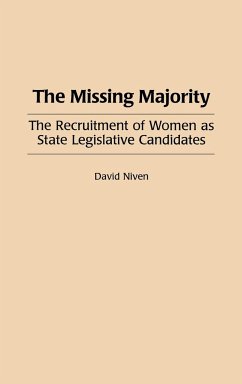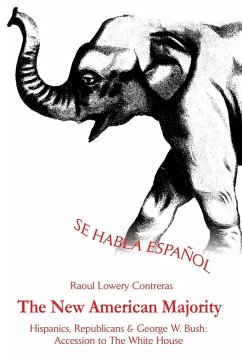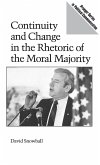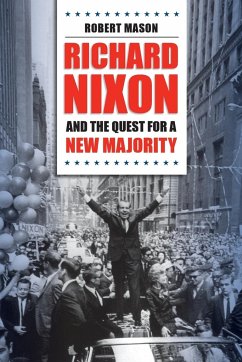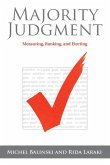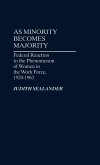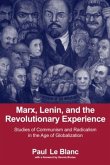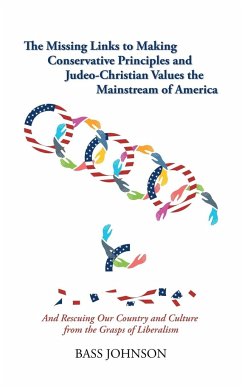In America, women are the clear majority of the electorate and the clear minority of elected officials overall. In 1997, women held only 21% of the seats at the state legislative level. This study finds that a significant and overlooked culprit acting to limit women's state legislative candidacies is the political party elite. Surveys of county party chairs and potential women legislative candidates were used to investigate the interaction between party leaders and women candidates and to assess its importance in the women's candidacy equation. The vast majority of potential women candidates did, in fact, respond that their parties discriminated against women candidates. Why would party leaders harbor bias against women? Party leader survey responses are consistent with the notion that most leaders are subject to the outgroup effect, which in essence means they prefer candidates in their own image. Since most party leaders are men, this encourages them to value male candidates and doubt the merits of female candidates. The findings suggest that this bias against women is most likely to occur where chairs have greater decision-making power and where chairs are leading the parties in less competititve districts. The existence of outgroup-motivated bias from party chairs is estimated to reduce the number of women state legislative nominees by one-third. Scholars interested in women in politics, political parties and recruitment, legislative elections, social psychology, and political psychology will find this book useful.
Hinweis: Dieser Artikel kann nur an eine deutsche Lieferadresse ausgeliefert werden.
Hinweis: Dieser Artikel kann nur an eine deutsche Lieferadresse ausgeliefert werden.

